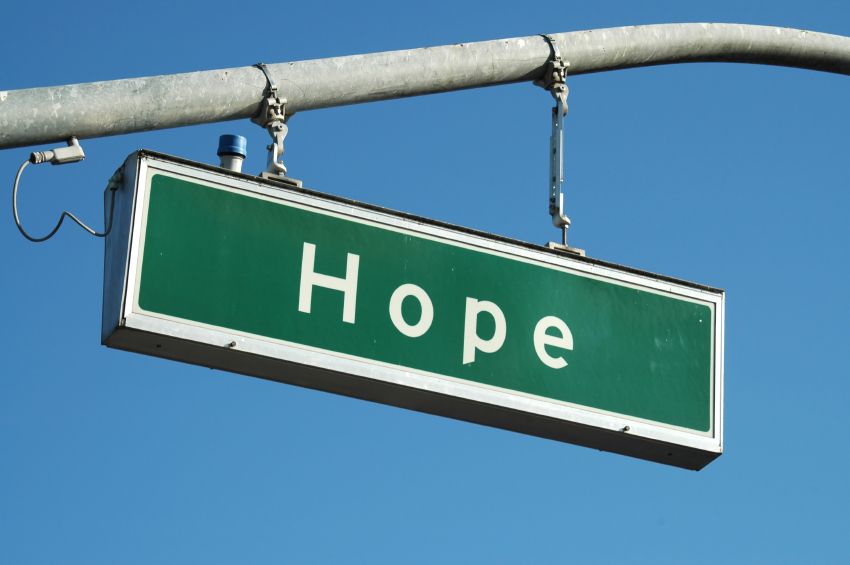A new Gallup poll finds that only 44 percent of those surveyed thought that today's youth would have a better life than their parents. That's worse than during the recession. In fact, it's the lowest percentage on record, for a question they've been asking since 1983. (The highest, weirdly, was in December 2001 — 71 percent of people thought youth would be better off then, way more than in any other year. It must have been all that post-9/11 optimism.)
But the actual youth aren't feeling that dire. Among people ages 18 to 29, 57 percent thought they'd be better off than their parents — a number that's way more in line with previous years' polls of overall optimism. It's the people over 50 who are really down on the future, not the youth. And if you're making under $30,000 a year, you're 40 percent more likely to predict a sunny outlook than if you make over $75,000. The partisan divide is even stronger: 31 percent of Republicans believe in a bright future for our nation's young people, versus 60 percent of Democrats. So basically, rich old Republicans don't see your life going anywhere, but poor young Democrats still think there's hope to be had.
How do you figure the causality runs here? Do rich old Republicans think so little of your prospects because they're actively trying to screw you over, or are they so willing to sell out your future because they didn't expect much of it anyway? Do the young and low-income have brighter outlooks because they're committed to a better tomorrow, or because the people who are young, poor, AND pessimistic are too busy drinking themselves into a stupor to answer polls? Gallup doesn't say, but implies heavily that youngsters are just naive: "it is possible that as they age, these young Americans will become more pessimistic, as their elders are today." Guess the pollsters aren't part of the magic 44 percent.




